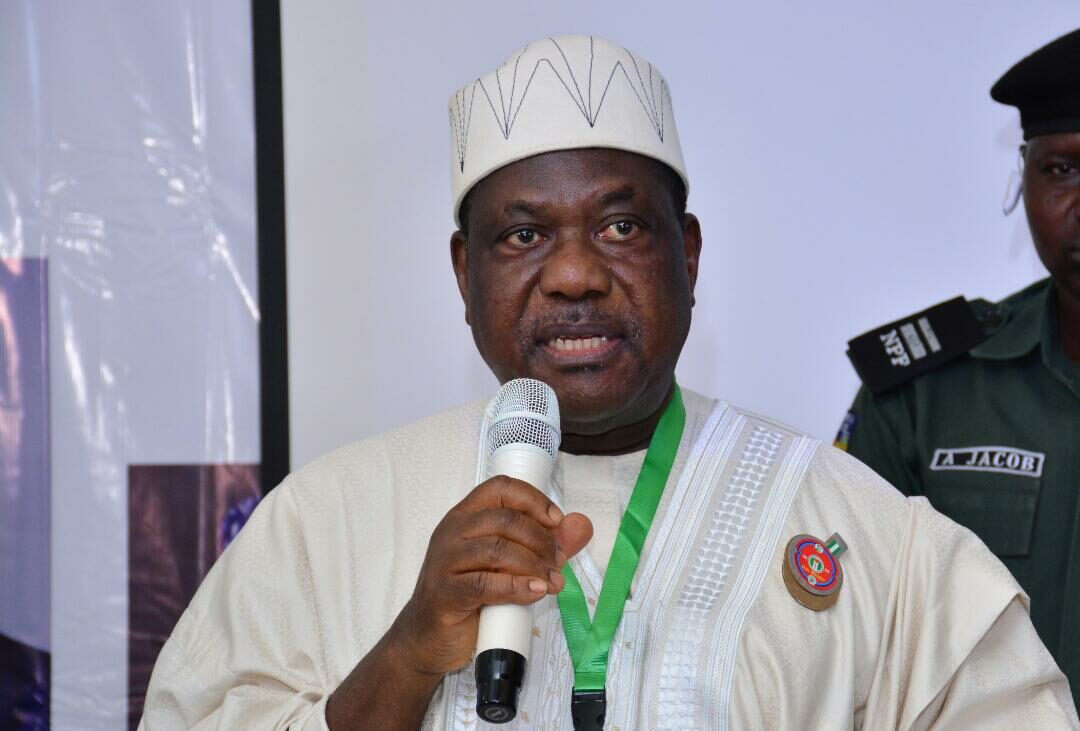
Nigeria’s Federal Government has pointed an accusatory finger at the United States over the recent spate of high-profile terror attacks in Kebbi and Kwara states, claiming provocative U.S. rhetoric has emboldened violent extremists to strike soft civilian targets.
According to Secretary to the Government of the Federation (SGF), Senator George Akume, it was not merely coincidence that the resurgence of kidnappings and church attacks followed a flurry of public statements from U.S. leadership. In Akume’s assessment, former U.S. President Donald Trump’s remarks branding Nigeria a “Country of Particular Concern” over alleged Christian genocide have inadvertently armed opportunistic, violent groups with ideological justification.
“Recent pronouncements from the United States have inadvertently emboldened opportunistic violent groups seeking to exploit international narratives and make bold statements by attacking soft targets.” ThisDayLive+1
He warned that this mischaracterization goes beyond mere words—it has real-life consequences, fueling violence and deepening diplomatic rifts. PRNigeria News
Trump escalated tensions in late October and early November 2025 by accusing Nigeria of allowing mass killings of Christians—a claim many Nigerian officials strongly reject. He threatened to suspend U.S. aid and ordered what he controversially called the “Department of War” to prepare for possible military action.
He did not restrict his threats to aid: Trump suggested the deployment of U.S. troops and even air strikes if Nigeria failed to curb the killing of Christians.
Nigeria’s government has pushed back forcefully on Trump’s narrative. The Minister of Foreign Affairs, Yusuf Tuggar, described the idea of state-sanctioned genocide as false and divisive, insisting that Nigeria is constitutionally committed to protecting all religious groups.
For SGF Akume, the crisis is not about religion—it’s about security. He argues that the violence in Nigeria splits into two parallel but distinct threats:
He stressed that “bandits target all communities without religious distinction,” refuting the notion that the violence is exclusively directed at Christians.
Akume did not mince words: he directly linked Trump’s rhetoric to recent violence. According to him, extremist actors are capitalizing on the global narrative to justify fresh attacks on soft civilians—from schools in Kebbi to worshippers in Kwara.
The government believes these tragic incidents are not just random acts of violence but may be linked to a broader manipulation of narratives.
Despite the spikes in violence, Akume insists Nigeria does not need foreign troops. What the country needs is targeted support—not boots on the ground. According to him, Nigeria’s armed forces are “highly capable, experienced and professional.”
He called on the U.S. to deepen cooperation in intelligence-sharing, technology, and military equipment—not to impose a military presence.